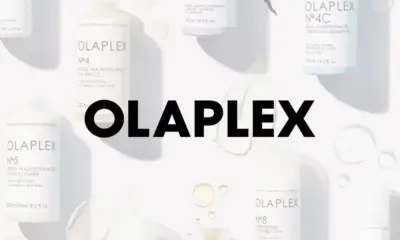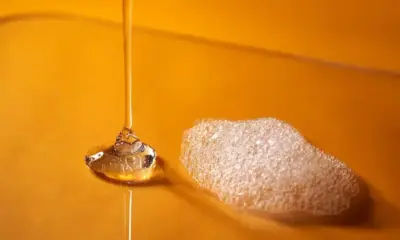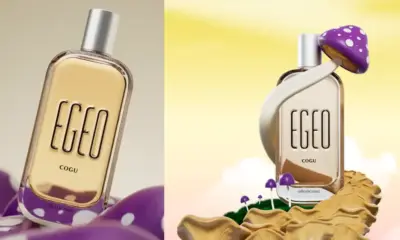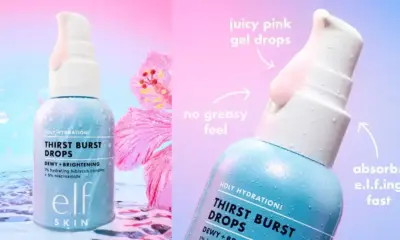Ingredients & Formulation
Beauty Alternatives: Emerging Ingredient Trends
In 2022, Lignopure launched its first GMP-compliant facility for lignin conversion, reportedly enabling the recycling of 90,000 kg of lignin each year.
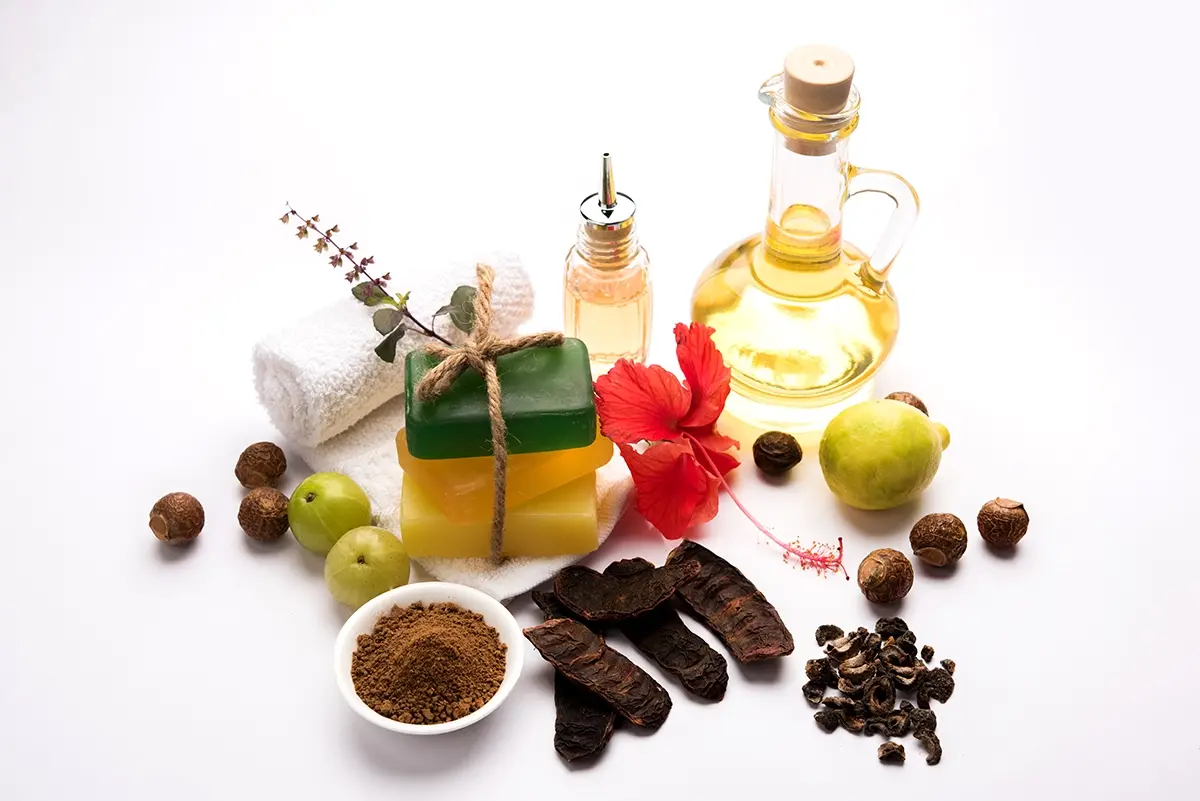
To enhance the sustainability, accessibility, safety, and effectiveness of traditional cosmetic ingredients, a diverse array of new materials is entering the market, bringing fresh innovations.
For example, Lignopure GmbH, established in 2019, utilizes lignin as a sustainable component in skincare and other beauty products. The company recently secured 2.4 million euros in equity capital, building on prior fundraising successes.
Working alongside biorefineries, Lignopure upcycles lignin—a natural polymer sourced from plants—transforming it into a bio-based raw material that serves as an alternative to fossil-derived chemicals like microplastics. In 2022, Lignopure launched its first GMP-compliant facility for lignin conversion, achieving an impressive capacity to recycle 90,000 kg of lignin each year.
Lignopure’s Upcycled Lignin Cosmetic Ingredients
The company’s offerings include LignoBase (lignin/cellulose), a multifunctional cosmetic ingredient line rooted in Lignopure’s particle technology.
LignoBase boasts a “unique polyphenolic molecular structure,” enhancing its ability to protect the skin from free radicals and provide antioxidant benefits, making it a valuable SPF booster in various formulations. According to the company, LignoBase can enhance SPF by 35-75% in both mineral and chemical sun care products. This technology also simplifies color cosmetic formulations and mitigates the white cast commonly found in sun care products.
Additionally, LignoBase demonstrates superior oil absorption compared to kaolin and bentonite while imparting a soft feel to the skin, making it suitable for mattifying formulations.
Lignopure Investment for Microplastic & Petrochemical Alternatives
The latest funding round for Lignopure was spearheaded by NBank Capital Beteiligungsgesellschaft mbH, with further contributions from Niedersachsen Beteiligungs GmbH & Co. KG (a NiedersachsenMetall fund), a group of angel investors (RaakWaark Kaptaal), a family office, and existing shareholders.
“We are thrilled by the trust shown by our investors,” say Lignopure founders Daniela Arango, Joana Gil Chavez, and Wienke Reynolds. “This funding enables us to strengthen our global footprint, establish international production partnerships with biorefineries, and broaden our product range. With this support, we are making significant strides toward our mission of decarbonizing the chemical industry and positioning lignin as a viable alternative to harmful ingredients.”
“Lignopure is an innovative company that has impressed us with its technology and the founders’ vision,” comments Viktoria Vorwachs, investment manager at NBank Capital. “With their strategic focus and professionalism, they inspire both customers and investors. We look forward to a successful collaboration! Our goal is to actively support the shift from fossil fuels and microplastics to bio-based alternatives.”
“As early as April 2019, when Lignopure ranked second in the first Future Hamburg Award and I served on the jury, I was convinced by the team’s sustainable, globally-oriented business model,” shares Matthias Grychta, angel investor with Raakwark Kaptaal. “I’m particularly pleased that my fellow investors and I can support the team.”
Alternative Beauty: New Swaps
Buzzy Retinol Alternative
NextGen Actives has introduced Apinol360 (INCI: PEG-8 (and) soybean lecithin (and) propolis extract), an anti-inflammaging active positioned as a natural and safe alternative to retinol.
According to the company, this ingredient provides excellent anti-aging benefits without the harsh side effects typically associated with retinoids, such as dryness and irritation. Apinol360 is described as an antioxidant and antimicrobial “powerhouse,” clinically proven at 1.5% to reduce lines and wrinkles by over 35% within 28 days.
This ingredient is derived from propolis, known for its healing properties, and is enriched with four essential phenolic compounds:
- p-coumaric acid
- trans-ferulic acid
- caffeic acid
- caffeic acid phenethyl ester (CAPE)
NextGen Actives employs a patented non-alcoholic extraction process to ensure the bioactive compounds are isolated and maintained at the highest purity. The end product is a 15% concentrated solution that is “meticulously blended” with PEG-400 and lecithin to stabilize Apinol360 and enhance its delivery.
With its powerful anti-inflammatory and antioxidant properties, Apinol360 offers a comprehensive approach to skincare, promoting healthy, youthful skin while meeting the rising demand for dermatological-grade cosmetic actives. Given the recent European Union restrictions limiting retinol usage to 0.3%, Apinol360 is a timely and effective solution.
Gentle High-Performance Surfactants
BASF’s Plantaren Alkyl Polyglucosides (APG) non-ionic surfactants are biodegradable (≥ 60% degradation within 28 days) and formulated with glucose derived from corn, alongside fatty alcohols from palm kernel or coconut oil.
According to Andrew Miller, senior marketing manager for hair, body, and oral care in North America, and Gina Koustoubardis, technical service specialist at BASF, these dermatologically and clinically tested APGs are highly compatible with both skin and oral care products, offering:
- Proven mildness: safe for daily use in skin and oral care, with low irritation potential for skin and eyes.
- Excellent foaming: enhanced volume, cushion, bubble size, and stability, with reduced decay; APGs also boost foaming when paired with anionic surfactants.
- Effective cleansing for deep pores and gentle care for hair and scalp.
BASF’s APGs maintain stability across a broad pH range and are suitable for cold processing and preservative-free formulations. Recommended applications include body, face, and hand products, shampoos, as well as baby and kids’ care, and oral care items like toothpaste and mouthwash.
“BASF’s APG surfactants … cause less dryness and damage to the skin barrier compared to traditional surfactants,” assert Miller and Koustoubardis. They add, “BASF’s Alkyl Polyglucosides (APG) surfactants demonstrate excellent ocular compatibility, making them ideal for sensitive applications such as facial washes, makeup removal, baby cleansing, and intimate hygiene products.”
As an illustration, BASF’s Plantaren 1200 N UP is significantly milder than SLS. When combined with conventional SLS, it can create milder formulations, thus reducing irritation potential in products like toothpaste.

